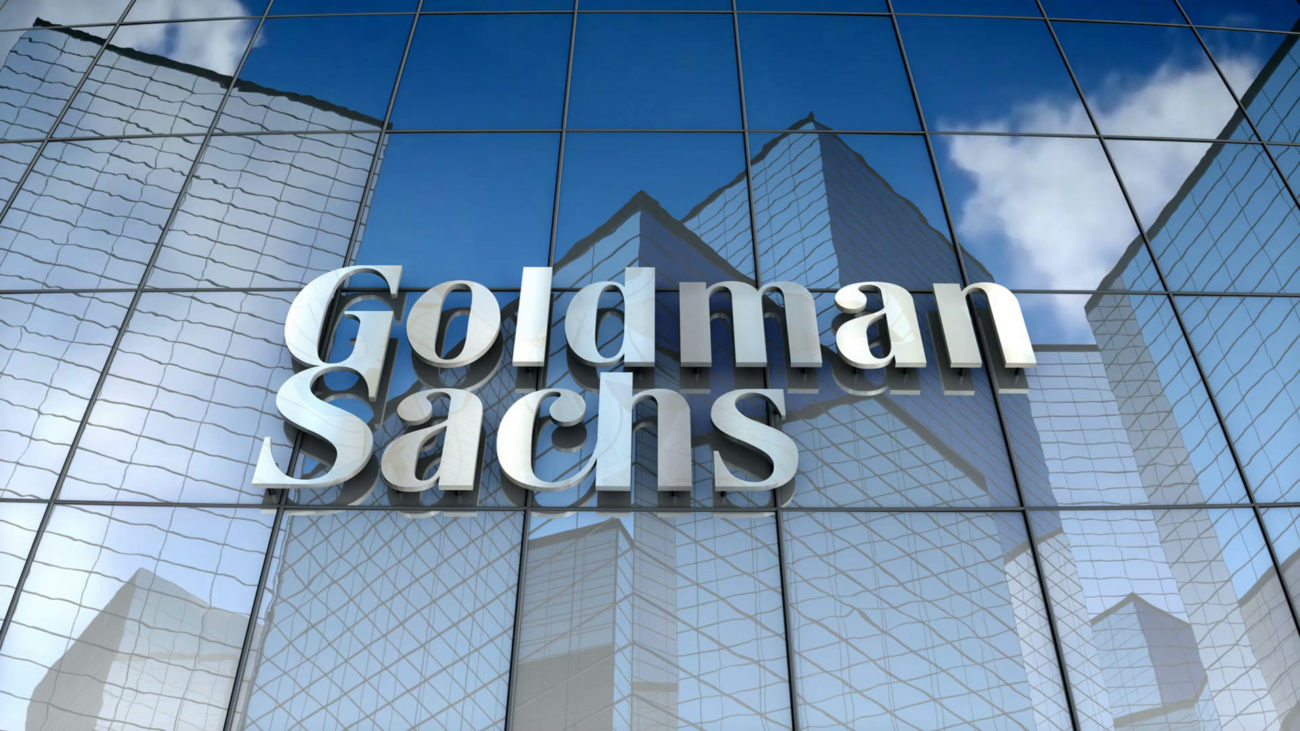
By Glory Apr, 29, 2020 Stock Market
The coronavirus pandemic is unlike any pandemic that has been seen, causing world economies to come to total lockdown. A few days ago, it was reported that Berkshire Hathaway was sitting on a pile of cash but yet refuse to buy any shares. In defense of that, Charles Munger said that the recent economic crisis was unlike any they had ever experienced and it would be better to play it safe. Whereas, during the 2008-09 financial crisis, the company largely contributed to salvaging the US economy through company bailouts.
On April 14, Goldman warns that the coronavirus hit on the global economy could be four times the last US financial crisis of 2008. The group also forecasted that there was a high possibility of the US experiencing the worst and highest unemployment rate since World War II.
Goldman also expects an 11% decline in the second-quarter GDP from the past year and a 35% decline from the previous quarter. This would be as a result of the low performance of global economies in the period. Both percentages are considerably worse than the numbers of the 2008 financial crisis.
There has been a prediction that the US unemployment rate would rise to 15%. Yet, Goldman thinks it doesn’t stop at that saying it “understates the severity of the situation” as millions of workers have been laid off and a few furloughed. There’s no telling how soon the US economy will be reopened and businesses stabilized enough to start hiring again.
Another contributing factor to the decline of the US economy is the stock market. Since the coronavirus first broke out in the US and news of its uncertainties started spreading, a lot of investors panicked out of fear of losing their investments. The increased fear led to a lot of panic selling, and eventually, high volatility. Since then, the stock market has been on a roller-coaster ride as stock prices continue to change.
Goldman Sach’s chief economist, Jan Hatzius in a note two weeks ago said: “the initial improvement [in outlook] was mostly policy-driven, but the greater optimism of the past week seems to be at least partly related to the virus itself.”
“The number of new active cases looks to be peaking globally, projections of cumulative fatalities and peak healthcare usage are coming down, and even actual new healthcare usage are coming down, and even actual new hospitalizations in hard-hit New York City have fallen sharply.”
After all, is been said and done, the Goldman analysis, however, did not precisely state when the US economy can restart with precautionary methods in place. Howbeit, a few states in the US including New York the most hit area, are starting to announce a relax on the lockdown.
According to Goldman, simply reopening the economy would not boost things back to normal and it may not be “business as usual” until a vaccine has been successfully developed. Nonetheless, Hatzius says “it might be possible to bring back at least part of the lost output with a sharp increase in testing as well as more limited changes to business practices that lower the risk of infection.”
It’s not all bad news for the US economy. Once a good number of companies and industries are able to run fully again, there would be an improvement in an “unprecedented” economic growth for the US. He also forecasted a 19% growth in the third quarter followed by a 12% increase in the fourth quarter.
Tags: Goldman Sachs GS BAC WFC AMZN stock market investment
Share On Facebook Twitter Linkedin Whatsapp Telegram
Categories
Latest Post
- Nigeria Taps Global Markets with $2.25B Eurobond Sale
- Boeing Shares Rise as CEO Confirms China Deliveries to Resume Next Month
- STOCK SPOTLIGHT: UNION HOMES REAL ESTATE INVESTMENT TRUST (UHREIT)
- Nvidia Q1 2025 Earnings Report Summary
- 📉 U.S. Market Summary – May 28, 2025
- CBN Launches New Financial Tools to Boost Nigeria’s Non-Interest Banking Sector! ✨
- Market Watch: Key Updates as Wall Street Awaits Nvidia and Salesforce Earnings
- U.S. Equity Markets Rally as EU Tariff Deadline Is Extended and Consumer Confidence Surges
- Things to Know Before the U.S. Stock Market Opens
- What to Expect in the Markets This Week (May 27–31)

Start investing with Acorns today! Get $5 when you use my invite link: Z24WWE
